Important Information for Wholesome Growth
Welcoming a brand new baby calf into the world is an thrilling second for any farmer or rancher. However, the first few hours and days after supply are essential for the calf’s survival and long-term effectively being. Appropriate care all through this period can significantly affect the calf’s growth, productiveness, and whole well-being.
On this weblog put up will uncover the necessary steps in caring for brand new baby calves post-delivery, ensuring they get top-of-the-line start in life.
The Golden Hour: Immediate Submit-Supply Care
1. Guaranteeing a Clear Airway
The first moments after supply are important. As rapidly as a result of the calf is born:
- Take a look at that the calf is respiratory
- Clear any mucus from the nostril and mouth if essential
- Stimulate respiratory by rubbing the calf vigorously with a transparent towel
2. Umbilical Twine Care
Appropriate umbilical twine care is necessary to forestall an an infection:
- Allow the umbilical twine to interrupt naturally if doable
- If chopping is necessary, use clear, sterile gear
- Dip the umbilical stump in a 7% iodine reply to disinfect
3. Colostrum: The Liquid Gold
Colostrum, the first milk produced by the mother, is critical for the calf’s immune system:
- Be sure that the calf nurses inside 1-2 hours of supply
- If the calf can’t nurse, current 2-3 quarts of colostrum via bottle or esophageal feeder
- Proceed colostrum feeding for the first 24 hours
The First 24 Hours: Establishing a Strong Foundation
1. Monitoring Essential Indicators
Preserve an in depth eye on the calf’s effectively being:
- Common temperature: 101.5°F to 102.5°F (38.6°C to 39.2°C)
- Respiration worth: 30-50 breaths per minute
- Coronary coronary heart worth: 100-150 beats per minute
2. Guaranteeing Appropriate Food plan
After colostrum, transition to widespread feeding:
- Present milk or milk replacer at 10% of the calf’s physique weight daily
- Divide into 2-3 feedings for greater digestion
3. Providing a Clear, Dry Setting
A comfortable environment is important for the calf’s effectively being:
- Use clear, dry bedding
- Assure ample air circulate with out drafts
- Defend from extreme temperatures
Days 2-7: Developing a Healthful Future
1. Continued Food plan
Protect a relentless feeding schedule:
- Proceed milk or milk replacer feedings
- Introduce small portions of calf starter feed
- Assure clear, current water is always accessible
2. Nicely being Monitoring
Look forward to any indicators of illness:
- Take a look at temperature daily
- Monitor for diarrhea, respiratory factors, or lethargy
- Search the recommendation of a veterinarian if any effectively being points come up
3. Socialization and Bonding
If doable, allow the calf to bond with its mother:
- Supervised time collectively can strengthen the immune system
- Observe pure nursing and conduct
Weeks 2-8: Growth and Progress
1. Food plan Transition
Step-by-step transition to secure meals:
- Proceed milk or milk replacer feedings
- Enhance calf starter feed consumption
- Introduce high-quality hay spherical 3-4 weeks of age
2. Vaccinations and Preventive Care
Work collectively together with your veterinarian to find out a vaccination schedule:
- Frequent vaccines embrace these for respiratory sicknesses and clostridial sicknesses
- Speak about deworming protocols acceptable to your space
3. Socialization and Teaching
Begin major teaching and socialization:
- Introduce halter teaching
- Allow interaction with totally different calves if effectively being standing permits
Specific Points for Completely totally different Farming Packages
1. Dairy Farms
Dairy calves sometimes require specialised care:
- Separation from the mother is widespread
- Strict hygiene practices are important to forestall sickness unfold
- Specific particular person housing may be used to look at effectively being and consumption intently
2. Beef Operations
Beef calves generally keep on with their mothers:
3. Pure Farms
Pure operations have specific pointers:
- Use of permitted pure therapies solely
- Think about preventive care by the use of vitamin and administration
- Pure weaning processes may be emphasised
Frequent Nicely being Challenges and Choices
1. Scours (Diarrhea)
A frequent problem in youthful calves:
- Causes: Bacterial, viral, or dietary
- Treatment: Oral electrolytes, continued milk feeding, and veterinary session if excessive
2. Respiratory Sickness
May very well be crucial if left untreated:
- Indicators: Coughing, nasal discharge, quick respiratory
- Prevention: Good air circulate, vaccination, and stress low cost
3. Joint Sick
An an an infection of the joints:
- Causes: Micro organism entering into by the use of the navel or totally different wounds
- Prevention: Appropriate navel care and clear environment
Environmental Administration
1. Housing Selections
Choose acceptable housing based in your system:
- Specific particular person hutches
- Group pens
- Pasture with shelter
2. Temperature Administration
Defend calves from temperature extremes:
- Current additional bedding in chilly local weather
- Assure shade and air circulate in scorching local weather
3. Biosecurity Measures
Implement strict biosecurity to forestall sickness unfold:
- Isolate sick animals
- Use separate gear for varied age groups
- Administration buyer entry to calf areas
Dietary Administration Desk
| Age | Milk/Replacer | Starter Feed | Hay | Water |
|---|---|---|---|---|
| 0-2 days | Colostrum solely | None | None | Free choice |
| 3-7 days | 2-3 quarts, 2-3x daily | Present small portions | None | Free choice |
| 1-4 weeks | 2-3 quarts, 2x daily | Enhance progressively | None | Free choice |
| 5-8 weeks | 2-3 quarts, 2x daily | As a lot as 4-5 lbs daily | Present small portions | Free choice |
Prolonged-term Points
1. Doc Sustaining
Protect detailed info for each calf:
- Supply date and weight
- Parentage data
- Nicely being therapies and vaccinations
- Growth costs and feed consumption
2. Weaning Strategies
Plan for a clear weaning transition:
- Often occurs spherical 6-8 weeks of age
- Gradual low cost in milk feeding
- Assure ample starter and hay consumption sooner than weaning
3. Future Productiveness
Early care impacts lifelong effectivity:
- Appropriate vitamin helps optimum growth costs
- Good effectively being administration reduces future effectively being factors
- Early constructive coping with improves temperament
Conclusion: Setting the Stage for Success
The care supplied to new baby calves of their first weeks of life lays the muse for his or her future effectively being, growth, and productiveness.
By following these pointers and dealing intently collectively together with your veterinarian, you’ll be able to present your calves the very best start in life. Take note, each calf is an individual, and adaptableness in your administration technique may be essential to take care of specific needs or challenges.
Investing time and belongings in right new baby calf care not solely ensures the well-being of the animals however as well as contributes to the final success and sustainability of your farming operation.
As you implement these practices, proceed to show your self on the newest evaluation and options in calf care to stay on the forefront of animal husbandry excellence.

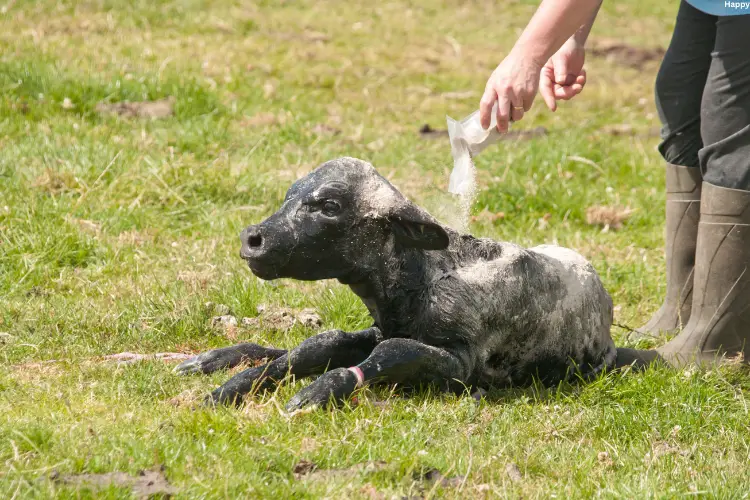
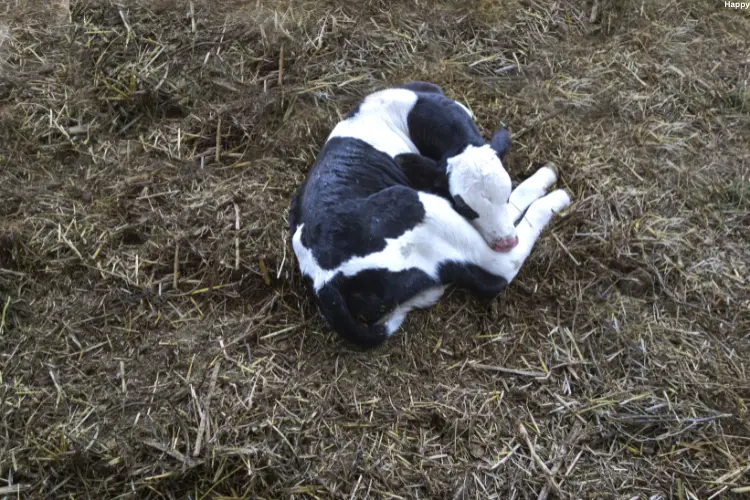
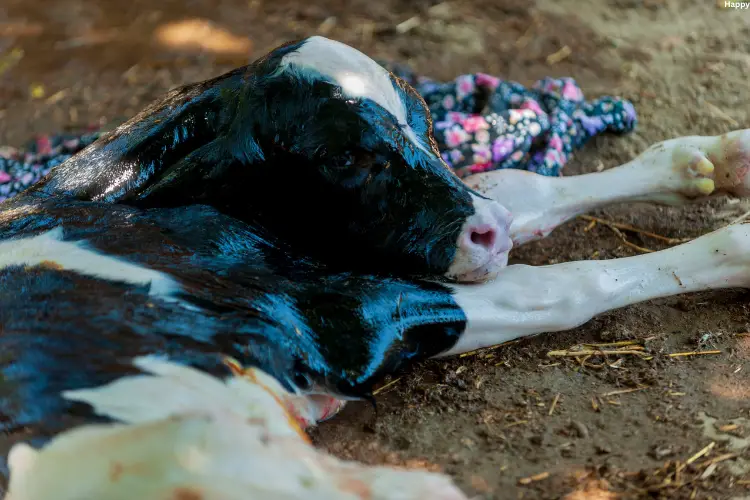
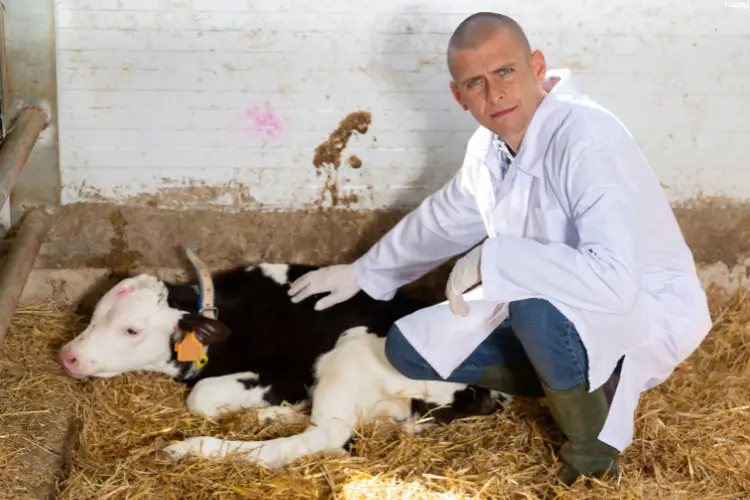
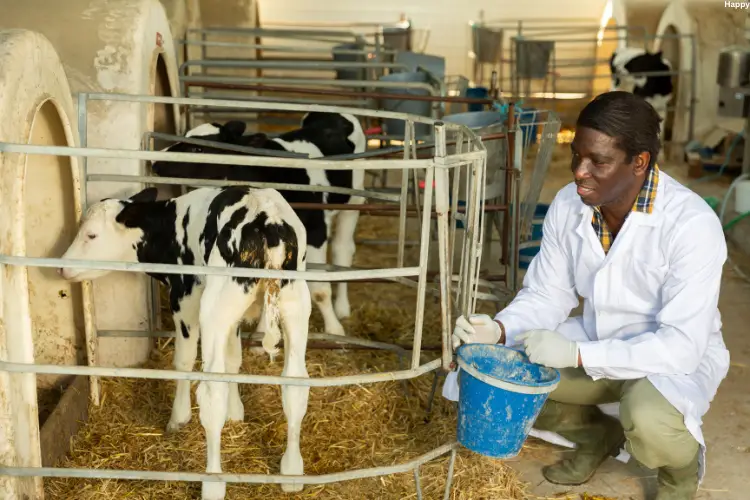
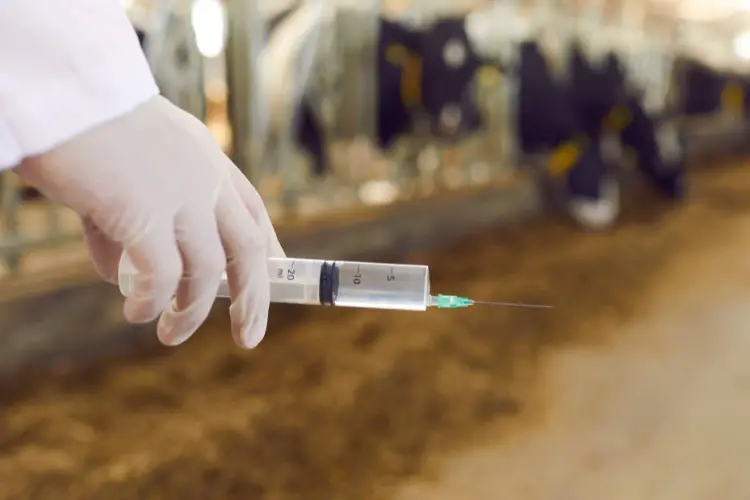

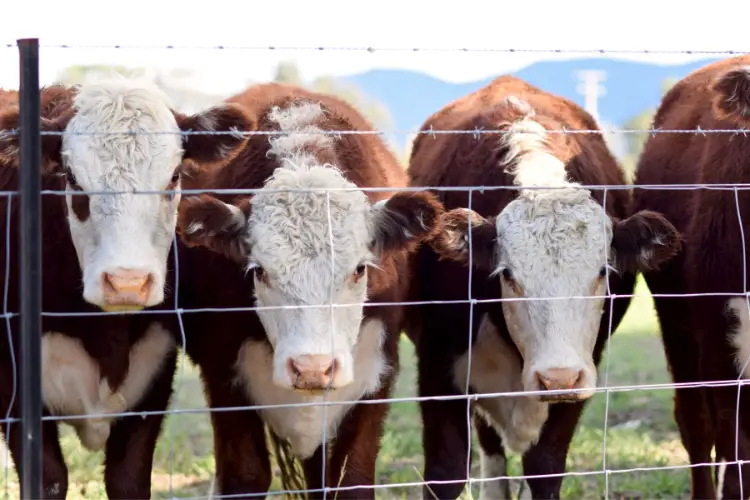
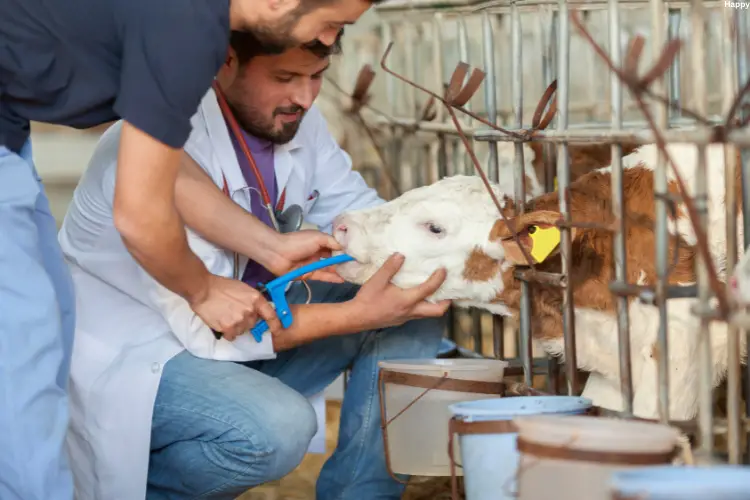
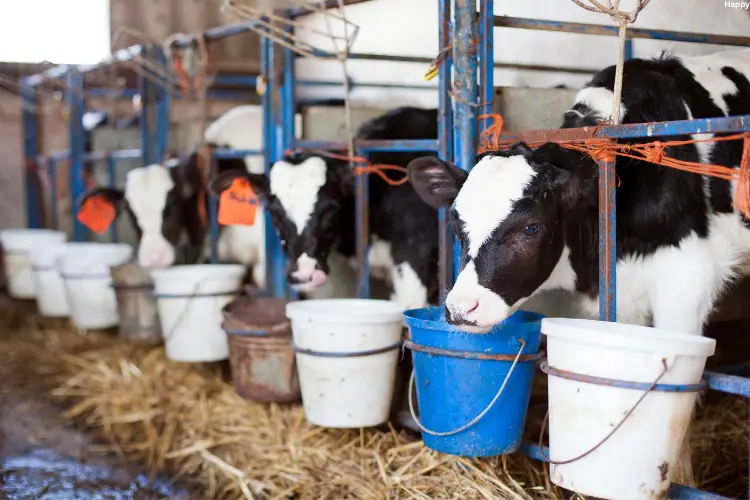
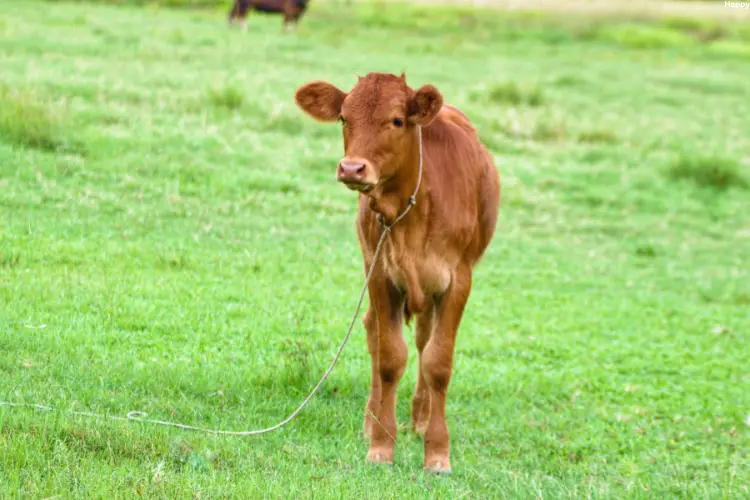














Post Comment